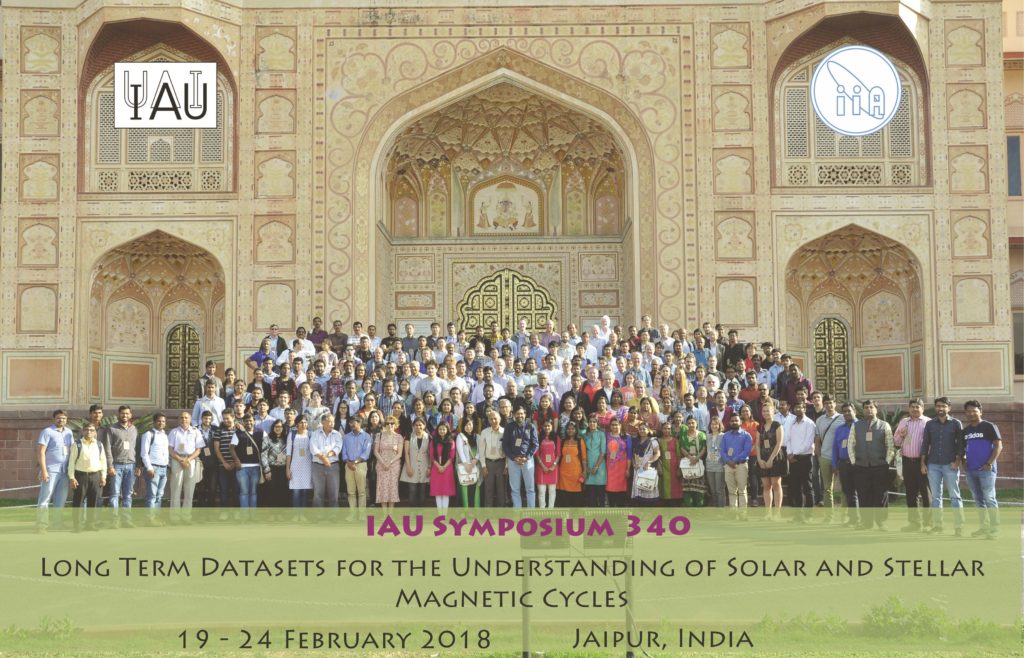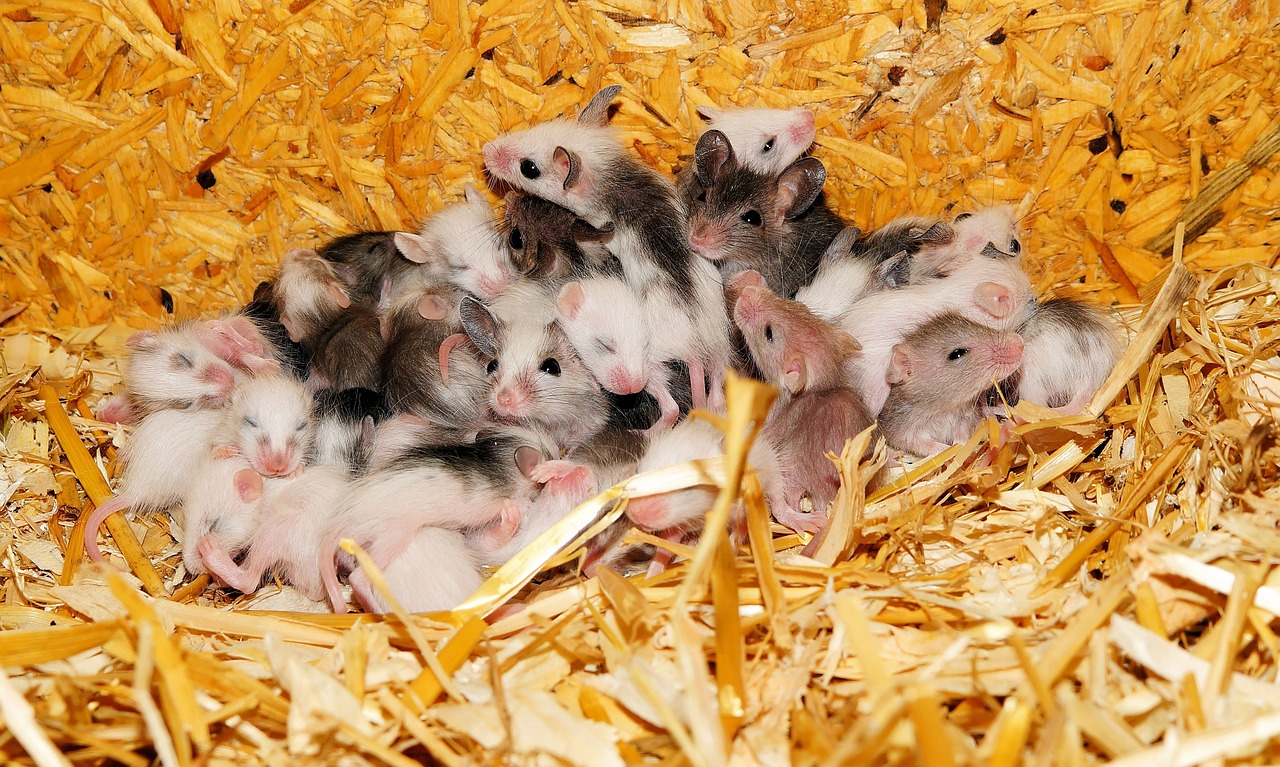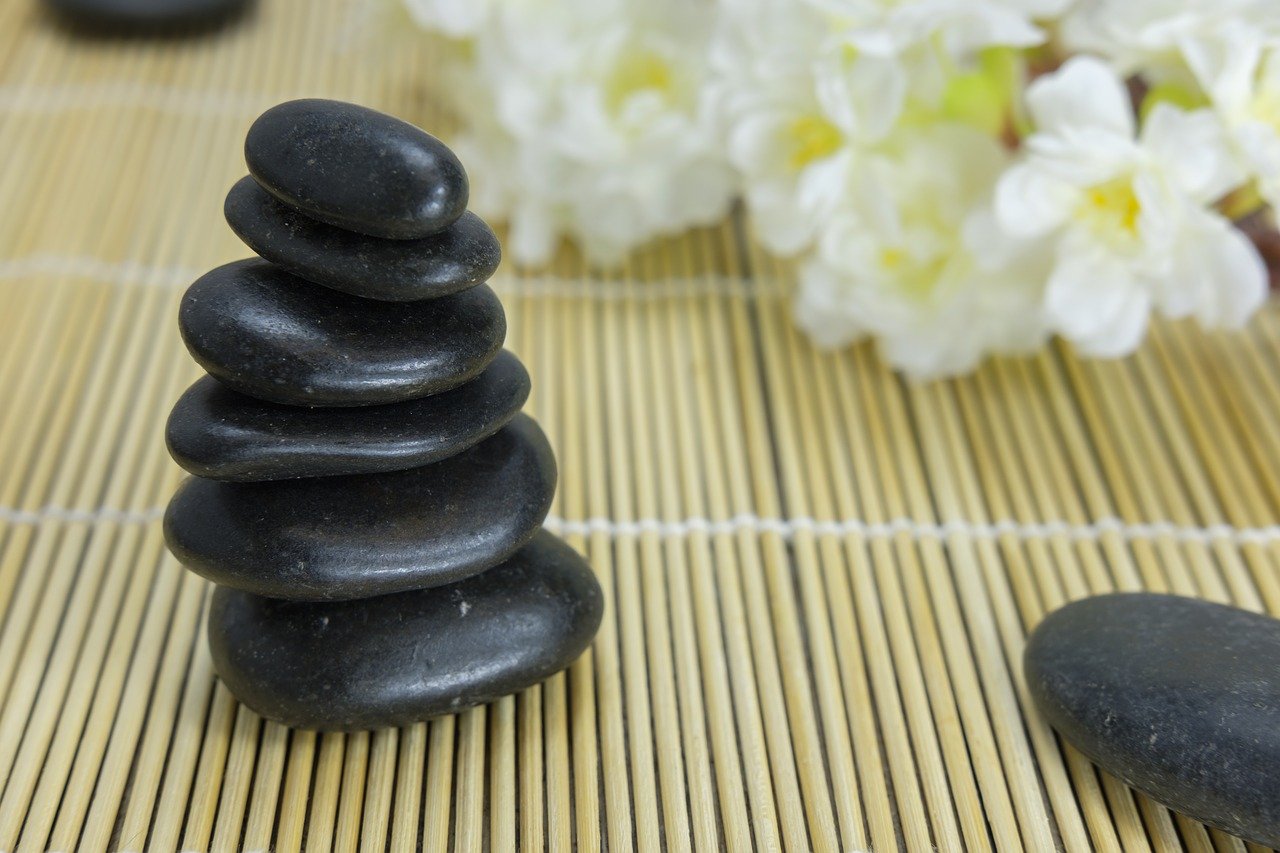Influence of the Sun on the Earth is modulated by solar activity cycle. The 11-year cycle is one of the most striking phenomena in solar physics and has fascinated both specialists and laymen for centuries.
The cycle is thought to be the product of a dynamo located deep inside the Sun. Although great advances have been made in understanding the physics of the `dynamo’, the world is still far from having a consistent and generally accepted picture of it. Even more enigmatically, no two cycles are alike and there are great differences from one cycle to the next. This phenomenon remains a big challenge.
Understanding of the origin and physics of the solar cycle requires data spanning not just one cycle. Rather, many solar cycles must be observed with equal reliability.
The global effort has got a new impetus with scientists and other stakeholders from different parts of the world coming together to take stock of the current state of research and the level of datasets that are available for different aspects of the solar cycle.
The six-day symposium organized by the International Astronomical Union (IAU), which concluded here today, saw presentations and discussions among researchers from different fields of study.
The meeting assumes importance as it was the first such gathering that focused specifically to look at long-term data on solar cycles in their totality. Over the years there had been workshops and symposia focused on the different aspects of various datasets. But, this is the first time where an integrated approach was taken.
It is also significant as the scientific world would soon have high-quality datasets spanning about 40 years or about 4 cycle’s datasets at its disposal of important aspects such as the polar field data and the synoptic magnetograms. Also, the weakest solar cycle over the past century would come to an end soon.
The co-Chair of the symposium titled IAUS340, Dr. Dipankar Banerjee, noted, “during the last few years, renewed interest on the digitization of many long-term data sources and more systematic and automated methods of analysis have given us invaluable statistics about the sunspot, faculae, and prominences from the beginning of the 20th century. With the current cycle now reaching its end, how strong the next cycle will be? Can we predict the next cycle physically with the available datasets? It will be the right point in time to discuss”. (India Science Wire)
By Sunderarajan Padmanabhan
Image International Astronomical Union Symposium 340
For the latest Science, Tech news and conversations, follow Research Stash on Twitter, Facebook, and subscribe to our YouTube channel




